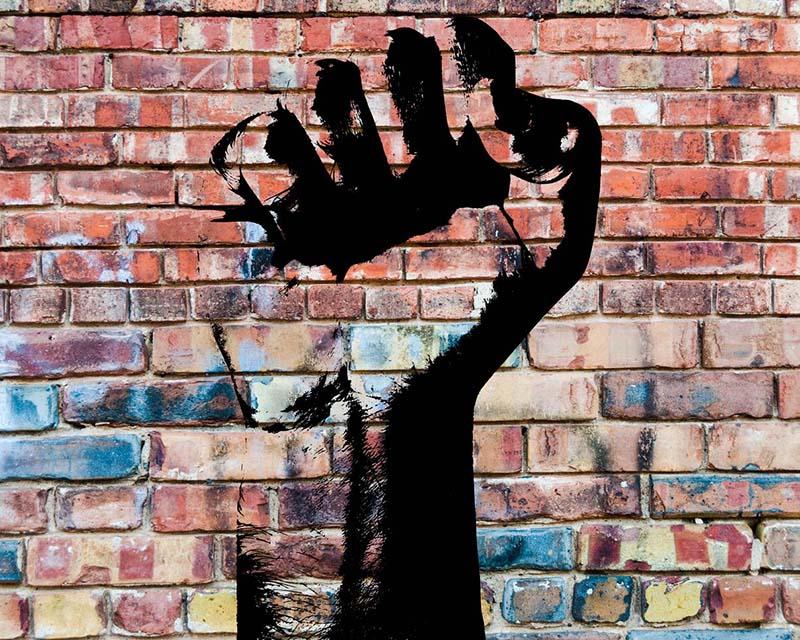“I raise up my voice—not so I can shout, but so that those without a voice can be heard…we cannot succeed when half of us are held back.” – Malala Yousafzai
Last week, I came across a post of a female high school student calling out the issue of sexual harassment at her high school—a post that called for an end to such instances on campus. She received unexpected backlash from some peers who called her an “attention whore” for unnecessarily publicizing an issue that could have been kept among the people directly involved. In essence, her purpose of connecting that one instance to a larger cause–eradicating sexual harassment on campus—was largely ignored.
When oppressed individuals utilize social media as a platform to raise their voices, they are not asking for attention to themselves; they are asking for attention to the issue at hand. They are asking for people to listen because they know that staying silent will keep them wandering in circles. Change is but a far-fetched dream when the dominant groups in society (men, white people, etc.) refuse to acknowledge the necessity for action. Because these dominant groups do not relate on a personal level to the obstacles faced by minorities, empathy and attention can only be grasped with the use of social media as a microphone.
“Call out culture”–or the practice of using social media as a platform to “call out” socially insensitive people, comments, or events–is indeed a grey area. The controversy regarding whether public “calling out” of people worthy of criticism is acceptable, especially in this age of social media, remains largely sensitive and questionable.
For instance, when white supremacists protested for the Charlottesville Unite the Right rally in Aug. 2017, the names and faces of those protestors were publicized on Facebook and Twitter. The “call out” of these individuals served to identify and publicly criticize the racist protests, as well as raise awareness to prevent such active racism.
Of course, leaking personal information as such is normally an unacceptable use of social media, especially in Korean culture in which privacy is strongly emphasized and protected. Yet this instance does not exactly comply as not only were many of the identified protestors interviewed publicly and thus already appeared in the media, but also because such publicity is a substantial step away from the spread of racist violence and protests.
In a similar vein, some utilize social media to call out specific individuals or experiences of discrimination and/or harassment. A victim of sexual harassment, for example, may be brave enough to share his or her story publicly, and hence call for action to prevent such instances at the same time.
Of course, simply posting about these instances on Facebook will not eradicate sexism, racism, or any other social issue in the near future. But raising awareness about a problem is the first step to any long-term solution, and call-outs are evidently an effective method of raising awareness. Shooting down social media activists as “attention whores” brings all progress back to square one, at which there is a lack of awareness and empathy among those who are not involved.
What we might consider an insignificant comment may ultimately be silencing much-needed voices for action and change. Though call out culture may not be the ideal wrap-up to issues, it is often the most impactful way for oppressed groups to voice their opinions. In an age of social media, our voices can reach large numbers of people in minimal time–an advantage that cannot be utilized by minorities if their mouths are zipped shut by criticism.
As a social justice worrier, I worried about a lot of things this semester (from equalism to political insensitivity) but above all, I worry that minority activists are not given the opportunity to be warriors in the sense that their voices are often silenced. Even with this platform– my column–I, along with any other activist, will remain as merely a worrier until the misguided criticism of call out culture is redirected to the actual issue at stake, whether it be sexual harassment or racial slang. Let worries be shaped into change.

